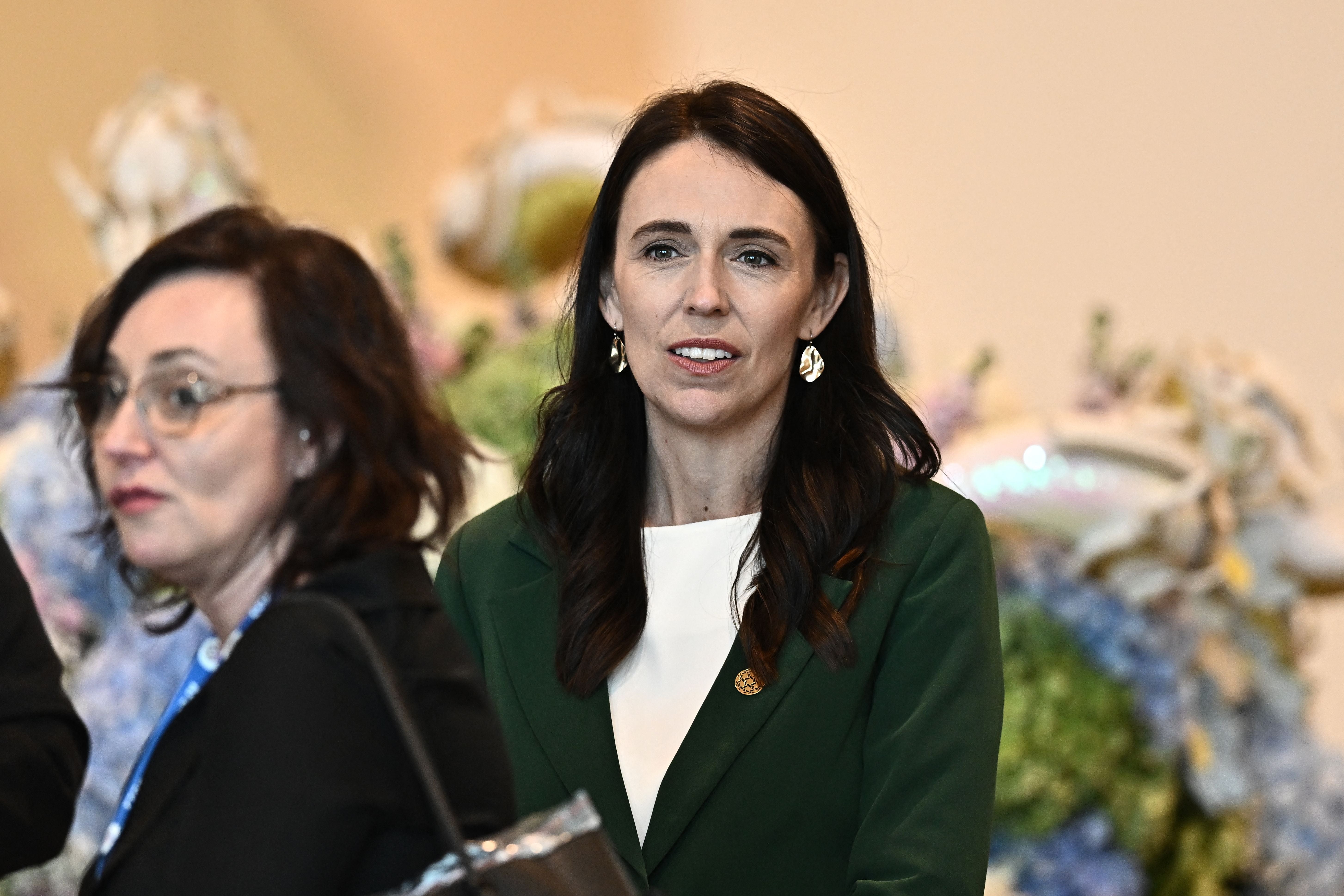New Zealand to consider allowing 16-year-olds to vote after current age of 18 dubbed discriminatory
While PM Jacinda Ardern supports reducing the age, political parties remain divided

New Zealand lawmakers will decide on lowering the national voting age from 18 to 16, said prime minister Jacinda Ardern, hours after the country’s Supreme Court ruled that not allowing those aged 16 and 17 to polling booths amounted to discrimination.
Though Ms Ardern said she personally favours reducing the age, to actually convert the ruling into law would require legislation to be passed in the parliament, something that would require the support of a 75 per cent super majority, which proponents feel they do not have at the moment.
“I personally support a decrease in the voting age but it is not a matter simply for me or even the government, any change in electoral law of this nature requires 75 per cent of parliamentarian support,” Ms Ardern said on Monday.
“It is our view that this is an issue best placed to parliament for everyone to have their say.”
Her statement came after the Supreme Court ruled that the current voting age of 18 was inconsistent with the country’s Bill of Rights, which gives people a right to be free from age discrimination when they reach the age of 16.
The court’s decision triggers a process in which the issue must come before parliament for discussion and be reviewed by a parliament select committee. It, however, does not compel parliament to change the voting age.
“This is history,” said Caeden Tipler, co-director of Make It 16, an advocacy group that moved the matter to court earlier in 2020. “The government and parliament cannot ignore such a clear legal and moral message. They must let us vote.”
Sanat Singh, co-director of New Zealand’s Make It 16 campaign, said he was absolutely thrilled with the court’s decision.
“It’s a huge day,” he said. “This is historic not only for our campaign, but for the country.”
Mr Singh, 18, said existential issues like the climate crisis – as well as issues like pandemic recovery and the state of democracy – will most affect young people.
“That’s why I think it’s really important to get all hands on deck to make sure we can have a stronger future,” he said.
Political parties across the country, however, have mixed views on the subject. While the Green Party wants immediate action to lower the voting age, country’s largest opposition party, the National party, opposes the shift.
“Young people deserve to have a say in the decisions that affect them, both now and in the future. We are calling on the government to come to the table with a plan to change the law to extend the voting age,” said liberal Green Party’s electoral reform spokesperson Golriz Ghahraman.
New Zealand’s ruling Labour Party is, however, yet to take a stance on lowering the voting age. The country last lowered it’s voting age from 20 to 18 in 1974. Until 1969, the voting age was 21, before being reduced to 20.
Additional reporting by agencies





Join our commenting forum
Join thought-provoking conversations, follow other Independent readers and see their replies
Comments